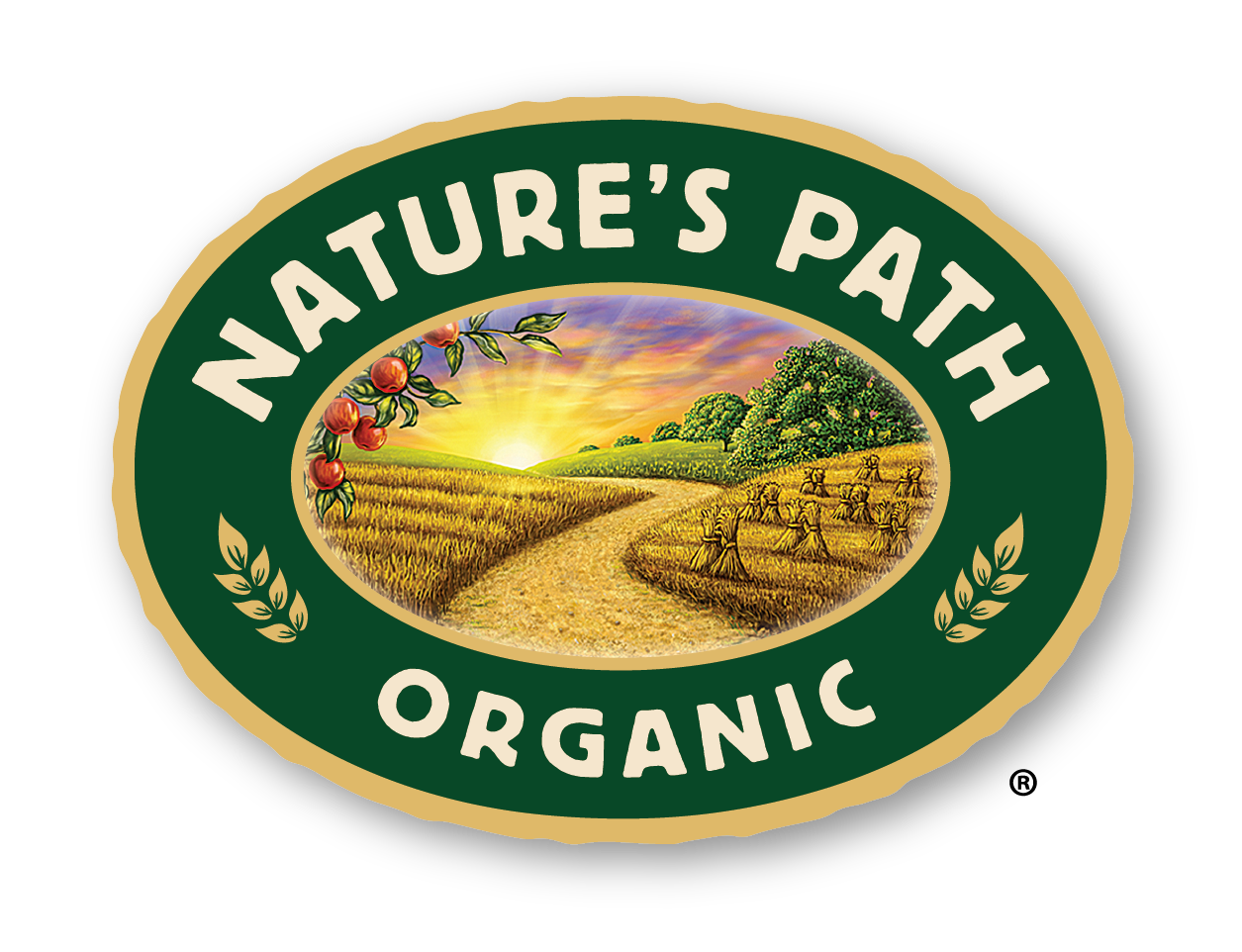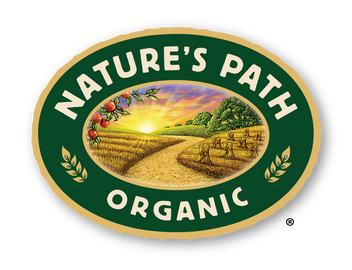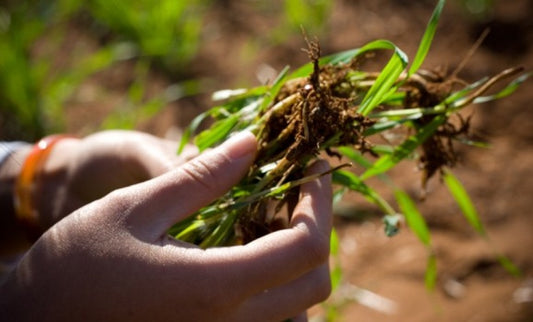Composting Styles
- Anyone can compost anywhere. Recycle your kitchen scraps and yard trimmings instead of sending them to the landfill.
- Build a compost bin near your gardens, but not too far from the kitchen. Pile up your materials, give them some water, and turn the pile regularly.
- If you have a smaller space, consider a compost tumbler (available at a nursery or hardware store). Add your materials and give it a turn.
- If you are an urban dweller with no place to make use of your kitchen scraps, look out for, or even start a composting program in your community.
How to Make Compost
Compost is a balance between nitrogen and carbon. Fresh, green materials such as kitchen scraps and grass clippings provide nitrogen. Twigs, paper, and dead leaves are brown materials that provide carbon. Use them in a ratio of approximately 2:1, carbon to nitrogen. If there is too much nitrogen, your compost pile will start to smell like your garbage can on a hot summer day. Add more carbon and turn it in with a spade to balance out the ratio again. Never add dairy, meat, or feces of domestic pets! Water and aeration are other key components of a good compost pile. Keeping the pile moist will allow the microorganisms to stay active, breaking down the brown and green ingredients. Be careful, though - too much water will also make your compost smell particularly unpleasant. Dry out a wet pile by turning it and aerating it. This also adds oxygen, which facilitates the composting process, and mixes the nitrogen with the carbon for a more thorough breakdown. There is some debate on the necessary heat for a compost pile. Decomposition causes the heat that burns up weed seeds and speeds up the process. A temperature of about 140º will accomplish that. A hotter pile will also kill off the beneficial organisms doing the work. If your pile gets too hot, aerate it by turning it.All That Said ...
- Everything breaks down in due time. You don’t need to be fussy about the carbon-to-nitrogen ratio, water, air, or heat. Pile it up, and you will have compost someday!
- You can, however, speed up the process with the right ratio, turning the pile regularly, keeping it moist, and making sure it is the right temperature.
- Experiment! All of gardening is an experiment. Keep two different piles. Fuss over one and not the other. See what happens, and keep records. Not only will this help you decide what type of composting gardener you want to be, you will learn a lot about the effect of the elements on your compost piles.
- No matter how or where you make compost, adding it to your garden is beneficial for your plants and soil, and for the environment. Compost is the key to organic gardening. Make it and use it!
Would you like to be the first to hear about our new products and more? Sign up for our Nature’s Path Newsletter.








